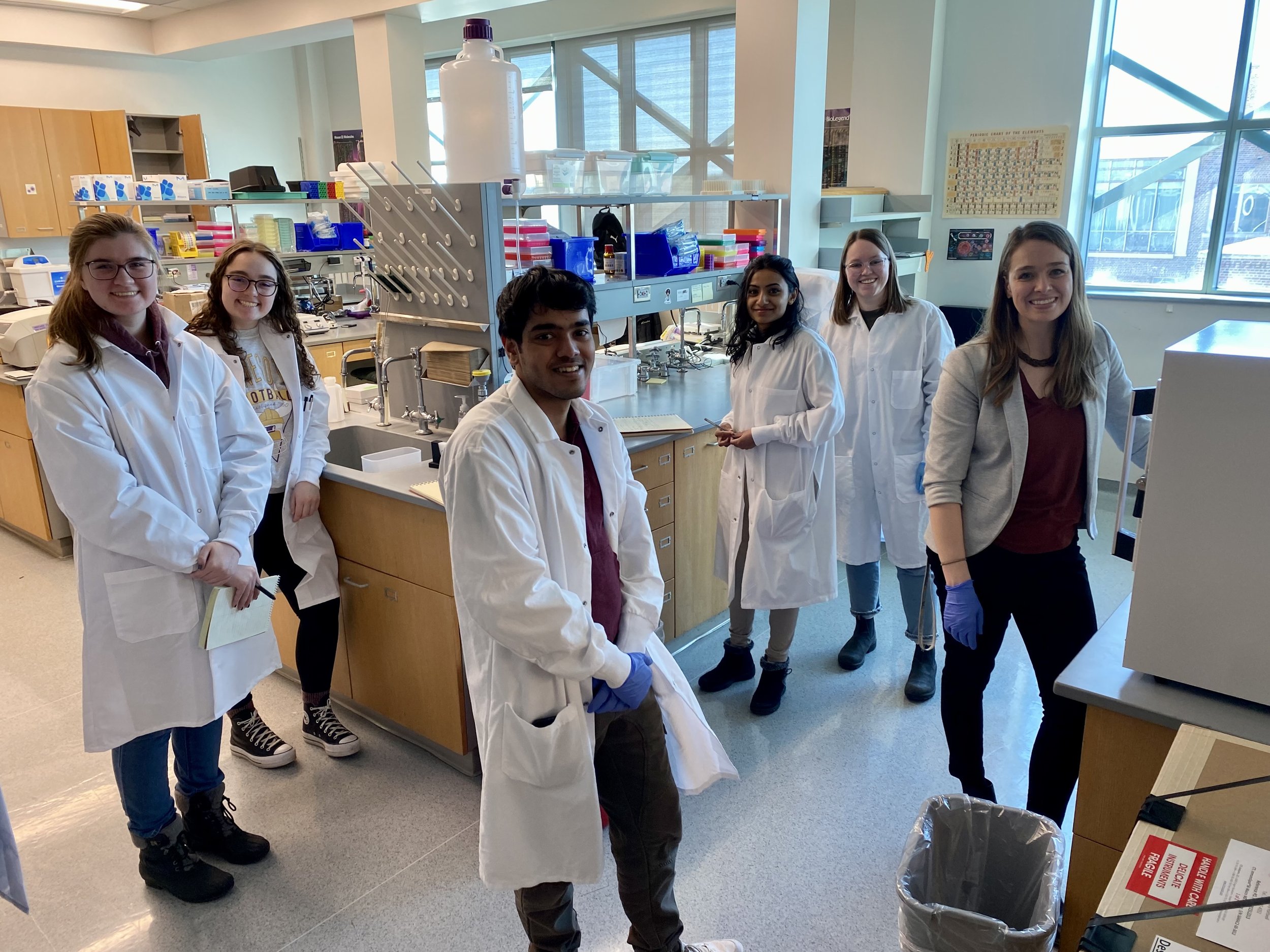Pioneering a New Era of Intranasal Vaccinations: Dr. Brittany Hartwell’s Research is Recognized with 2022 Michelson Prize
Engineered to bypass mucosal barriers and improve mucosal uptake, Dr. Brittany Hartwell's intranasal vaccine promises stronger immune responses and immunity.
The Michelson Medical Research Foundation and the Human Immunome Project have awarded one of the 2022 Michelson Prizes: Next Generation Grants to Dr. Brittany Hartwell in recognition of her proposal to improve intranasal vaccines and transmucosal uptake.
Intranasal vaccines are vaccines administered through the nostril, and transmucosal uptake concerns an intranasal vaccine’s ability to make its way through the mucosal barrier in the nostril and into the body’s internal environment. For Hartwell, an Assistant Professor in the Department of Biomedical Engineering at the University of Minnesota, enabling intranasal vaccines to bypass mucosal barriers in the nose is the goal, as doing so promotes stronger immunity.
“My Michelson Prize project focuses on developing an intranasal vaccine that has been engineered to hitchhike across mucosal barriers in the nose using a protein, albumin, naturally found in mucus,” Hartwell explains.
By improving mucosal uptake, Hartwell hopes to overcome a limitation of traditional vaccines. “Vaccines administered by subcutaneous or intramuscular injection typically elicit poor mucosal immunity,” says Hartwell. “While vaccination at mucosal surfaces is known to activate mucosal immunity, development of mucosal vaccines has long been plagued by poor uptake and delivery of vaccine components across mucosal barriers, resulting in weak immune responses.”
Dr. Hartwell was first drawn to immunology as a chemical engineering undergraduate at Iowa State University. Despite an initial desire to go to medical school, she realized biomedical engineering would better suit her combined interests in medicine and engineering problem-solving. After she obtained her Ph.D. in biomedical engineering at the University of Kansas, where she focused on tailored drug delivery, Hartwell honed her expertise in targeted mucosal vaccines at MIT.
According to Hartwell, engineering intranasal vaccines to hitchhike across mucosal barriers has the potential to not only enhance mucosal uptake and promote more effective immune protection but also “combat long-standing epidemics such as HIV and persisting threats such as COVID-19 and its continually emerging viral variants.”
The Michelson Prizes grant, a $150,000 grant awarded annually to investigators 35 or younger who are focused on human immunology, vaccine discovery, and immunotherapy, will allow Hartwell to better investigate vaccine design and define immune responses while bringing greater recognition and exposure to her research.
The prize will also help her fulfill an earlier motivation. “I was first attracted to science because I am curious by nature, love asking questions, and crave an understanding of how things work,” Hartwell says. “Eventually, I developed a desire to pursue a career that would perpetually challenge me and allow me to help others by making a positive impact on human health.”
If her ‘albumin hitchhiking’ strategy is a success, Hartwell’s efforts will undoubtedly have a far-reaching effect on both a small and large scale.
“I find a great sense of purpose in helping others, both through opportunities for mentorship within and beyond my lab group and through the development of more effective therapies and vaccines that can better protect people against disease,” says Hartwell.



